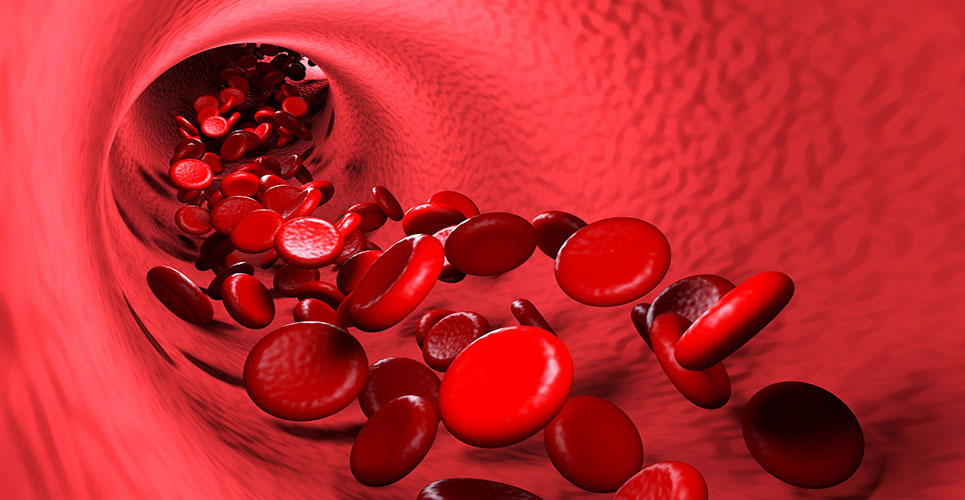teaser
Researchers at the UK’s Newcastle University, funded by leading blood cancer charity Leukaemia Research, have made significant progress in the development of improved treatments for chronic lymphocytic leukaemia, the commonest leukaemia in adults in the UK.
Dr Elaine Willmore and colleagues at the Northern Institute for Cancer Research have developed an experimental drug that is up to 10 times more effective at killing leukaemia cells taken from patients who have stopped responding to treatment.
Dr Willmore said: “Patients with chronic lymphocytic leukaemia have an excess of white blood cells in their blood, and some patients become very ill and are resistant to drug treatment. We need new and more effective treatments to overcome resistance in patients who have a poor outlook.”
She added: “Drugs that are used to treat this type of leukaemia work by damaging DNA and this leads to the death of these cells. But the leukaemia cells can mend the DNA so that they can survive. One enzyme that repairs drug-induced DNA damage is called DNA-PK. “
Dr Willmore has helped to develop a new drug that can target this enzyme. She says: “Our results show that DNA-PK is present at high levels in chronic lymphocytic leukaemia cells from patients with a poor prognosis. Chemists at Newcastle University working together with KuDOS pharmaceuticals have designed a new drug called NU7441 that inhibits DNA-PK and stops it from mending broken DNA. When NU7441 is combined with drugs used for chronic lymphocytic leukaemia treatment it makes more tumour cells die and ‘re-sensitises’ patients to their chemotherapy.”
The results with the new drug have been extremely promising. Dr Willmore explains: “Our exciting results show that in the laboratory, NU7441 ‘sensitises’ the leukaemia cells to routinely used anti-cancer drugs, killing up to 10 times more tumour cells- even in cells taken from patients who were very drug-resistant.”

